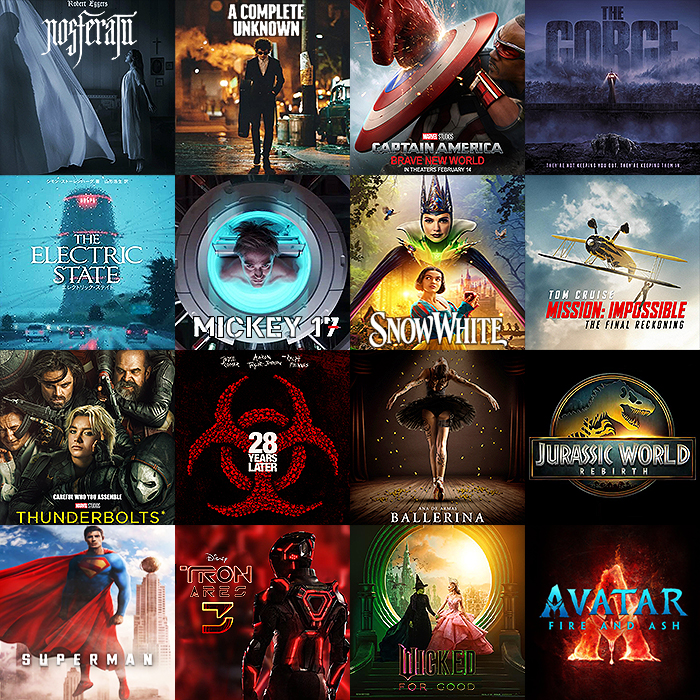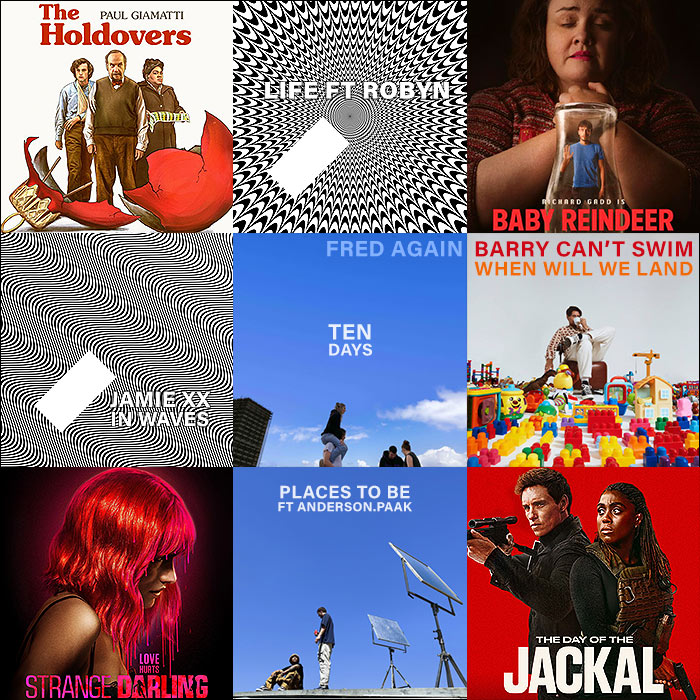Know your competition!

One of the examples I best remember from my Marketing degree was the concept of Indirect Competition. An excellent example of this is flowers vs wine vs chocolates. When accepting a dinner invitation, it’s considered the height of good taste to bring a house gift with you when you attend. A florist may consider his most likely competitor the flower shop around the corner, but dinner guests are just as likely to bring either chocolates or wine - depending on the gender or personal preferences of the host/s. Thus products, goods and services from within the same sector or related sectors are likely vying for the same customers - who make decisions based on various contemporaneous factors, as well as availability, appeal and cost.
I wrote a recent piece which included a line or two on how publishers need to understand that many of them are competing within the entertainment industry - someone who potentially buys a book has the option to stay in and watch television, go to the movies, buy and listen to an album or play a console / tablet / smartphone game. All these alternatives are vying both for your spending power and your time. Which means your high street book store is in competition with Netflix, the local cinema, HMV, iTunes and Game. The book retailer needs to attract attention and pocket / birthday money away from these mediums - especially always-to-hand mobile phone apps. Most publishers have done relatively little to sex up their own book launches or try to make their retail environments - digital and otherwise sufficiently dynamic and exciting for those types of audiences.
A little closer to home, we have the indirect competition between traditional magazine publishers and online blogs, vlogs and clickbaiting publishing sensations like Mashable and Buzzfeed. I must admit that I rarely read magazines these days. I used to regularly read What Hi-Fi, Stuff, T3, Wallpaper and Monocle, DJ and Mixmag - as well as the occasional FHM and GQ. Nowadays I only really buy magazines at airports - the Internet provides me with my daily / hourly / minute-by-minute fix, and I can find highly targeted and on-point resources which totally fit my personal preferences.
A recent article in ’The Media Briefing’ outlined how digital newsstands such as Apple’s are now very much in decline. Accessing a magazine in PDF-style format is far from the preferred user experience for most contemporary readers / consumers. My brother in Iceland still consumes T3 in this manner, while I make do with various online blogs including - TechCrunch, The Verge, Engadget and Gizmodo for instance. The online equivalents are quicker with the news and can provide deeper and broader analysis - with instant engagement from other learned community members. Magazines are still horribly one-dimensional and reactive really. Using interlaced browsing techniques online you can cover much more ground in the blink of an eye, weight up differences in opinion and approach and formulate a decent educated guess which is not blighted by biased or politicised editorial.
You are very rarely comparing exactly like with like, yet for nearly everything the same rules mostly apply - accessibility and speed of access, portability, flexibility, ease of use and let us not forget pricing of course. IKEA did an amazing advertisement recently:
to announce the arrival of its new catalogue - a very traditional yet innovative ’BookBook’ - in fact a parody of all those slightly condescending Apple ads - and trying to make a virtue out of the simplicity of that paper-based format. Yet there are various battle-lines being drawn which all publishers will have to face up to, and most of these are to do with some degree of digital format or enhanced or augmented experience. Publishers are story-tellers and educators, much like a typewriter is a book-writing device. Yet nowadays very few books are actually written on a traditional typewriter. The narrative will flow on, and publishers must ensure that they retain the appeal of the public, or they will face a dwindling marketplace. They need to innovate and extrapolate to offer more competition to smartphone apps, movies and games or they must watch the money go elsewhere ...

Did you find this content useful?
Thank you for your input
Thank you for your feedback
Upcoming and Former Events
Affino Innovation Briefing 2024
Webinar - Introduction to Affino's Expert AI Solutions - Session #2
Webinar - Introduction to Affino's Expert AI Solutions - Session #1
PPA Independent Publisher Conference and Awards 2023
Meetings:
Google Meet and Zoom
Venue:
Soho House, Soho Works +
Registered Office:
55 Bathurst Mews
London, UK
W2 2SB
© Affino 2024




















